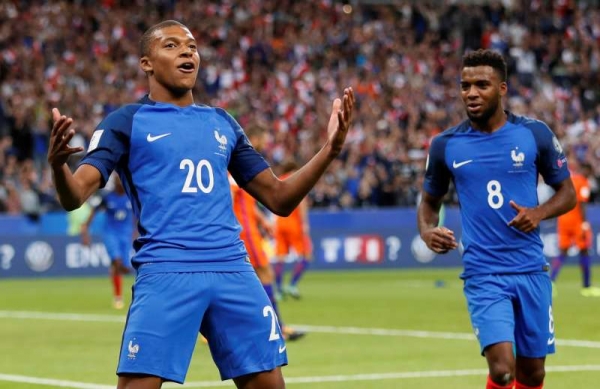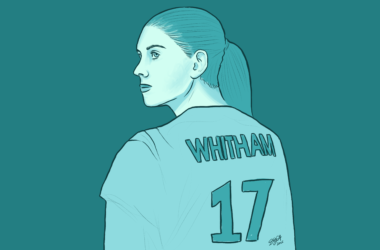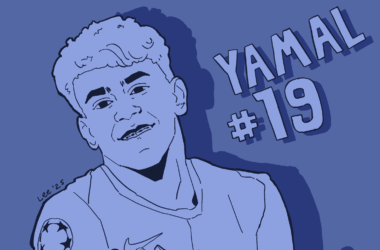The 2018 World Cup draws to a close on Sunday, July 15 in Moscow, where France and Croatia will meet to decide a winner. From Spain’s last-minute firing of head coach Julen Lopetegui to Twitter’s #NeymarChallenge—named after the Brazilian superstar Neymar, who exhibited a propensity for faking excruciating pain to draw fouls and bookings–this year’s competition provided fans with plenty of drama both on and off the field. Early exits for Germany and Spain stunned viewers worldwide and opened up the knockout stage to less-experienced nations. In fact, Mexican fans were so excited about their country’s 1-0 upset over Germany in the group stage that earthquake sensors registered two tremors in Mexico City. In more serious business, VAR (Video Assistant Referee) assisted game officials for the first time in the World Cup in a controversial attempt to minimize costly mistakes that could unfairly end a team’s tournament.
As for the finalists, France are the favourites. As expected, the team was undefeated in the group stage, but lacked gusto and finished atop a weak Group C with two close wins and a draw. Still, they arose from their slumber in the knockout stage: In a thrilling, seven-goal Round of 16 match, they knocked Lionel Messi and Argentina out of the tournament. The French defence then settled in for the quarterfinals to take down Uruguay 2-0, and handled the world-class talents of Eden Hazard and Romelu Lukaku to top Belgium in the semi-final.
Les Bleus have only won the World Cup once before, when they defeated reigning champions Brazil in the 1998 World Cup hosted on French soil. Their only other finals appearance came in 2006, when they lost on penalties to Italy. Meanwhile, Sunday will be Croatia’s first-ever final. They placed third in the 1998 World Cup after falling to France in the semifinals, but they had not advanced beyond the group stages again until this year.
This year, the Croatians dominated in the group stage and joined Uruguay and Belgium as the only teams to win all three group stage matches. In the Round of 16, Denmark took them to penalties, but Croatia snagged the win. They were blessed with a quarterfinal matchup against Russia after the hosts pulled off one of the biggest upsets in World Cup history over Spain. Denis Cheryshev and his teammates gave Croatia a run for their money, but Croatia was again victorious in penalties.
Croatia, led by the midfield duo of Luka Modrić and Ivan Rakitić, have earned their spot in the 2018 World Cup final with solid defence, creative attacking play, and unrelenting effort—evidenced by their three extra-time victories. Although the late stages of those matches pushed them to their limit, they still outworked the opposition. The 90 total extra minutes could cost them, however, against a French squad that likes to work their opponents to exhaustion. Despite claims that France’s play against Belgium was “anti-football,” the French have displayed some brilliant soccer in the competition thus far—courtesy of a balanced and dynamic lineup led by teenage superstar Kylian Mbappé.
Given France’s depth and Croatia’s fatigue, Deschamps’ side will edge out the Croatian underdogs for their second World Cup title exactly twenty years after their first. That said, both teams are well-deserving of their spots in this year’s final, and they will surely deliver a satisfying conclusion to what has been a riveting tournament.









